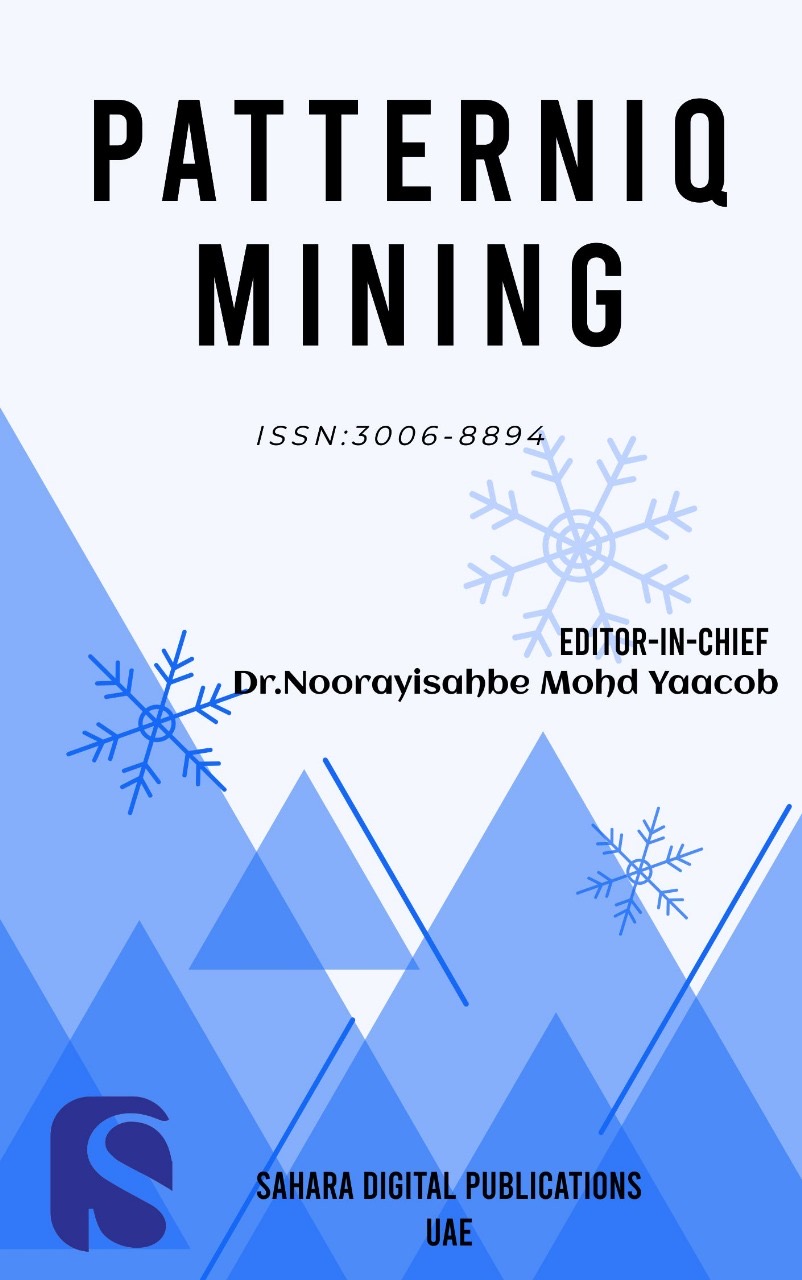Title: Revolutionizing Agritech with Deep Learning-Enhanced Remote Sensing for Precision Agricultural Management

PatternIQ Mining
© by piqm - Sahara Digital Publications
ISSN: 3006-8894
Volume 01, Issue 03
Year of Publication : 2024
Page: [63 - 76]
Authors :
Hudsein Haider and Dr. B.Lavanya
Address :
Dept of Medical instruments engineering techniques, Al-farahidi University, Baghdad
Dept of Computer Science, Periyar University, Salem
Abstract :
A new method of farm management that makes use of cutting-edge information technology is known as precision agriculture management. By reducing the waste of water, fertilizers, pesticides, fuel, and other types of agricultural inputs, as well as by optimizing agrarian income and limiting adverse effects on the environment, precision agriculture management seeks to boost agricultural output and quality. Traditional agricultural management methods often lead to inefficient use of resources, higher environmental impacts, and decreased crop yields. Finding efficient, scalable, and accurate ways to track important agricultural variables over large regions is a huge challenge. This paper proposes a new framework called ARS-DLConvNN to handle these issues and enhance the management of agritech and precise agriculture. This framework Integrates High-Resolution Agricultural Remote Sensing (ARS) data and Deep Learning (DL) methods like Convolutional Neural Networks (ConvNN). This approach uses Convolutional Neural Networks (CNNs) and Long Short-Term Memory (LSTM) network specifically designed to handle hyperspectral data collected from UAVs and multi-spectral satellite photos. These algorithms can assess crop stress in real-time, provide recommendations on effectively managing water, fertilizer, and insects, and learn to estimate weight and yield. It will be quite easy to see how the proposed method improves agriculture management effectiveness and harvest yields. Improved agricultural management efficiency and crop production were striking when using the suggested deep-learning remote sensing system. On average, crop yields increased by 18% compared to traditional methods, according to field trials in various locations. decrease output. With a 92% success rate in detecting crop illnesses early and an 89% success rate in forecasting water stress, the model allowed for prompt treatments.
Keywords :
Remote Sensing; Deep Learning method; Convolutional Neural Network; Precision Agricultural Management; Long Short-Term Memory Network.
DOI :
https://doi.org/10.70023/piqm24306
